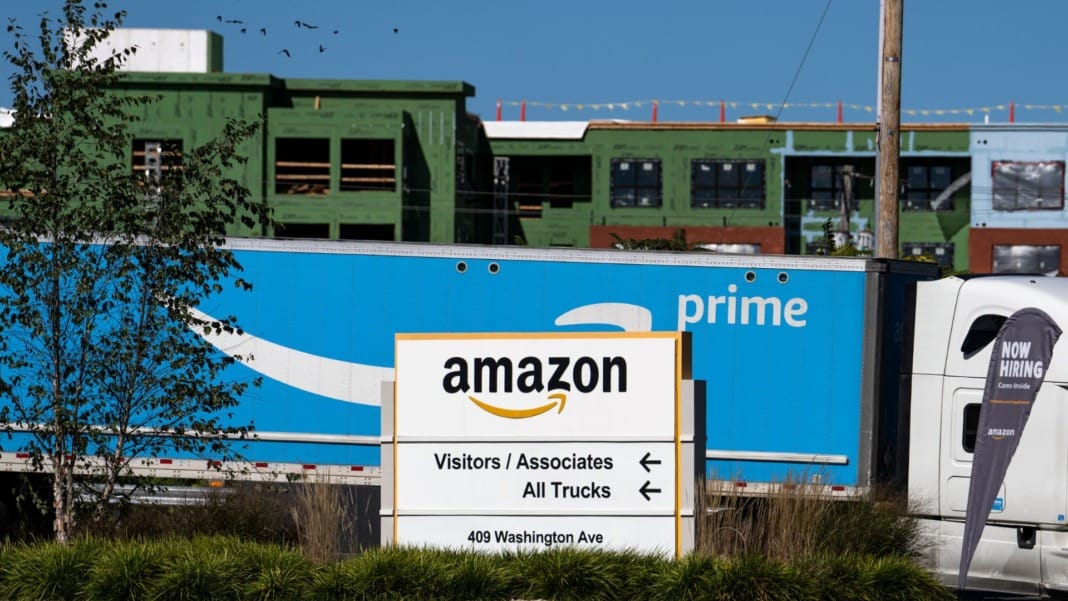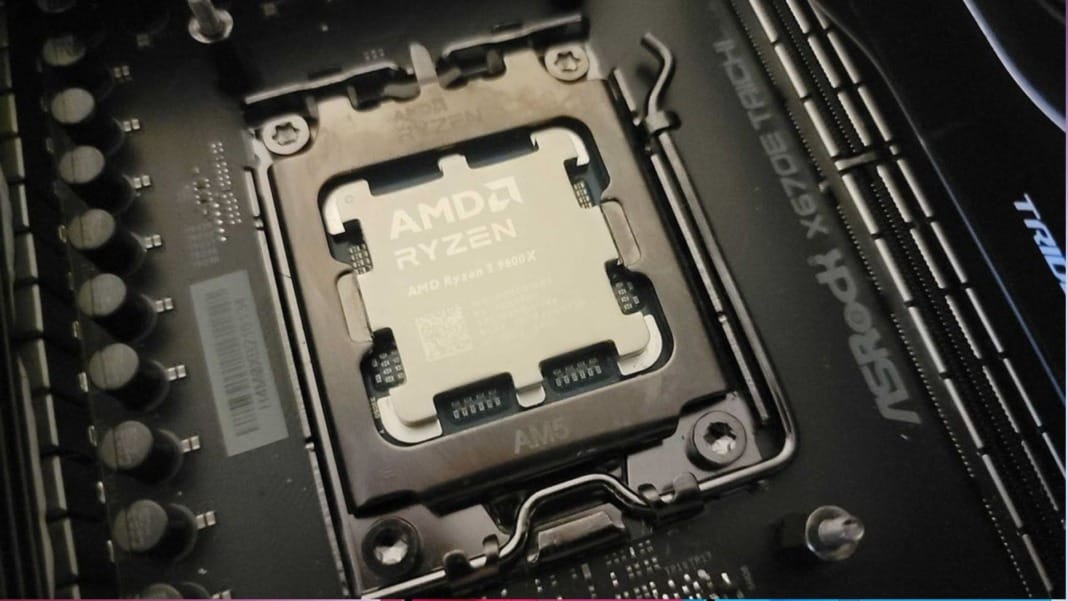The District of Columbia’s antitrust case against Amazon has been brought back to life in a significant development. The DC Court of Appeals ruled on Thursday that the District’s claims against the e-commerce giant are plausible and deserve further examination in court. This decision reignites the legal battle that began in 2021 when former DC Attorney General Karl Racine accused Amazon of anti-competitive practices that could drive up prices across rival platforms.
DC was the first jurisdiction to take antitrust enforcement action against Amazon — and we are grateful the FTC and other states have followed suit.
— AG Brian Schwalb (@DCAttorneyGen) August 22, 2024
We will always fight back against abuse of monopoly power.
DC residents deserve fair prices, competition, innovation, and choice.
Allegations of monopoly power
The lawsuit, initially dismissed in 2022, alleges that Amazon uses its dominant position in the online marketplace to control the pricing strategies of third-party sellers. Specifically, the District claims that Amazon effectively restricts these sellers from offering their products at lower prices on other online stores, including their websites. This practice, the lawsuit argues, allows Amazon to maintain higher prices across the board, ultimately harming consumers.
In 2019, Amazon withdrew a controversial policy that explicitly required sellers to offer their products at the lowest prices on Amazon’s platform. However, the lawsuit contends that Amazon’s current Fair Pricing Policy serves the same purpose by penalising sellers who offer their products at lower prices elsewhere. The District asserts that this policy stifles competition and gives Amazon an unfair advantage in the marketplace, edging closer to monopoly status or possibly even achieving it.
Amazon’s response to the lawsuit
Amazon, unsurprisingly, disputes the court’s decision to revive the case. Amazon spokesperson Tim Doyle defended the company’s practices, arguing that their policies are designed to protect consumers. “Just like any store owner who wouldn’t want to promote a bad deal to their customers, we don’t highlight or promote offers that are not competitively priced,” Doyle stated. He added that Amazon’s approach to pricing is part of its commitment to maintaining customer trust by featuring low prices, which they believe benefits both consumers and sellers in the long run.
This case is not the only antitrust challenge Amazon is facing. The Federal Trade Commission (FTC) has also aimed at the company, filing a substantial lawsuit alleging that Amazon’s monopoly power harms competition and, by extension, consumers. This renewed legal pressure underscores the growing scrutiny of Amazon by regulatory bodies in the United States.
The revived lawsuit in DC could have far-reaching implications for Amazon’s operations and relationships with third-party sellers. As the case moves forward, it will likely draw significant attention from both the legal and business communities and consumers who rely on Amazon for their shopping needs. The outcome of this case could set a precedent for how large online marketplaces are regulated in the future, potentially reshaping the landscape of e-commerce.
As the legal proceedings continue, all eyes will be on Amazon and its next moves in response to its mounting legal challenges.





